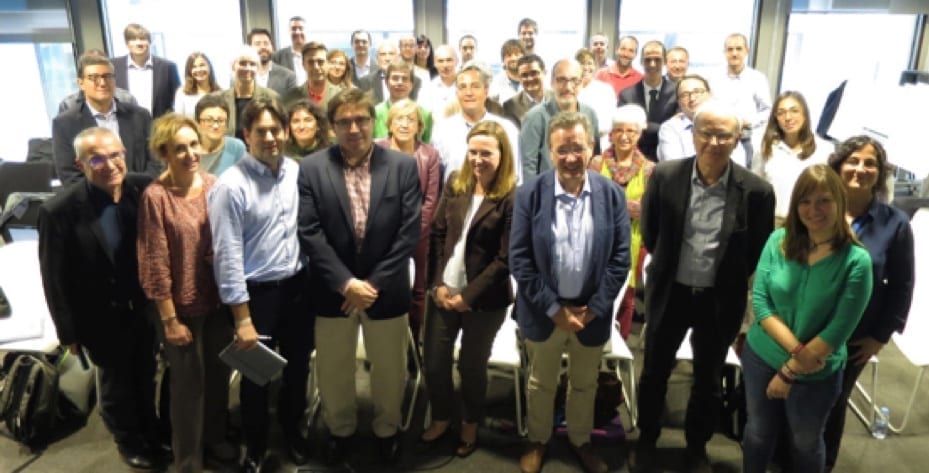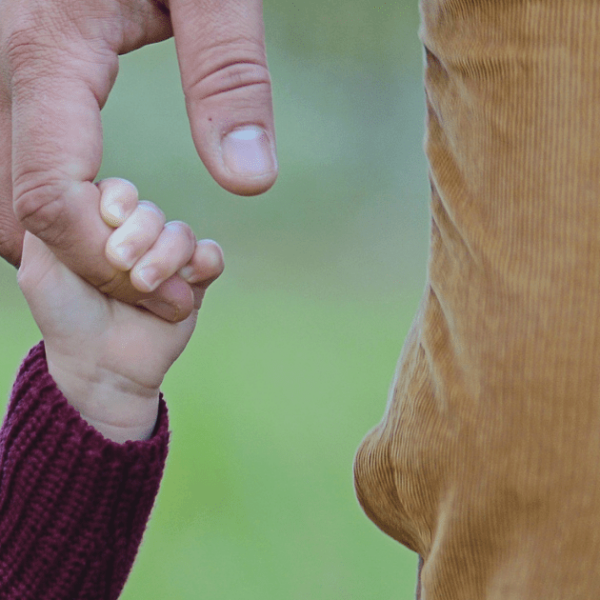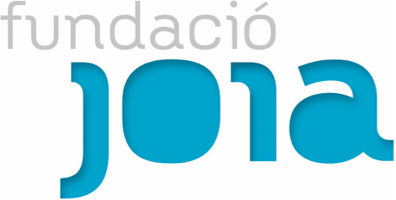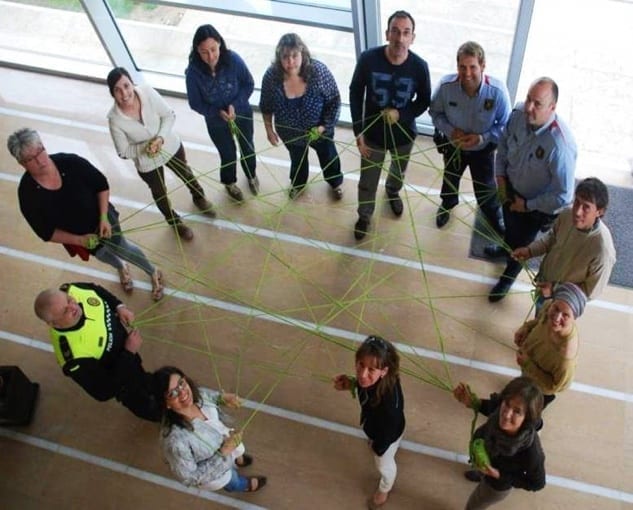Nextcare, integrated care for chronic patients

Foto: Nextcare
This project is linked to the Ris3Cat social and healthcare community that promotes the integration of social and health services for chronic patients in Catalonia through individualised assessments of health risk, welfare and pre-surgery prehabilitation programs, smart and adaptable case management, early diagnosis of diseases and conditions and the promotion of digital solutions.
Location
—
Partners / Funders
—
Genesis
—
Implementation level
—
Banc d’innovacions










